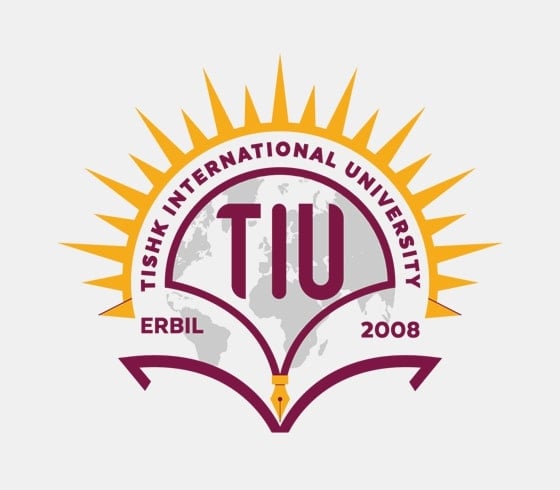volume 1 issue 2 article 1
Conversion to a Greener Fleet A Cost-Benefit Analysis of a Conversion to Compressed Natural Gas for a Municipal Bus Fleet
Author: Shlair Abdulkhaleq Al-Zanganee1
1Department of Business and Management, Faculty of Administrative Science and Economics, Ishik University, Erbil, Iraq
Abstract: Concerns about global warming and energy security, associated with rising oil derivative fuel prices, are spurring interest in exploring alternative sources of energy supply to road transportation means, especially motor vehicles that constitute a major source of air pollution in the world. Natural gas is an important source of energy that is lately being considered as an alternative to fossil fuel and other oil derivatives as a fuel to states’ fleets and pacts. In addition to being a domestically abundant and a secured source of energy, it helps reducing pollution and maintaining a clean and healthy environment. In its attempt to find an economically viable solution to overcome the problem of the rising costs of fuel, CityBus Corporation of Lafayette/ West Lafayette, IN considers improving the energy efficiency of its vehicle fleet whose operation and greenhouse gas emissions are part of the factors affecting local air quality. Thus, the following cost-benefit study compares the total costs of two potential options for municipal bus replacement: standard diesel fueled buses and Compressed Natural Gas (CNG) fueled buses. Since the results shows that the implementation of the CNG alternative has a lower Net Present Value (NPV) cost, moreover, it would potentially reduce greenhouse gases and particulate emissions in comparison to the standard diesel option; the study concludes that the CNG alternative is more viable from both the economic and the environmental perspectives. Thus, the study recommends the conversion of the states’ bus fleet to the use of CNG as a source of fuel to municipal bus fleets.
Keywords: Compressed Natural Gas, Pollution, Environmental Sustainability
References:
(2013). Annual Energy Outlook 2013 with projections to 2040. Washington DC: US Energy Information Administration, US Department of Energy.
Cheng, E., Grigg, L., Jones, E., & Smith, A. (2011). Compressed Natural Gas Vehicles for the City of Milwaukee’s Department of Public Works: A Cost-Benefit Analysis. La Follette School of Public Affairs.
Clark, N. N., Feng, Z., Wayne, W. S., & Lyons, D. W. (2007). Transit Bus Life Cycle Cost and Year 2007 Emissions Estimation. U.S. Department of Transportation, Federal Transit Administration.
(2011). Emissionn Factors for Greenhouse Gas Inventories. U.S. Environmental Protection Agency.
Jha, P., Ngo, K., Patel, P., Trusova, M., & Kutcher, R. (2011, March 17). Prospects and Analysis of Potential CNG Vehicle: Implementation in China. EcoPol Escapting Energy Poverty – Portland State Unversity.
Kosub, J. (2010). Transitioning to a Greener Fleet: A Cost-Benefit Analysis of a Vehicle Fleet Program at the. Austin,: Texas State University-San Marcos, Dept. of Political Science.
Mason, H. S. (2013). Natural Gas Vehicle Task Force Report. West Virginia Department of Commerce -National Renewable Energy Laboratory.
Metcalf, G. E. (2009). Designing a Carbon Tax to Reduce U.S. Greenhouse Gas Emissions. Review of Environmental Economics & Policy, 63-68.
(1999). Natural Gas Issues and Trends:1998. Energy Information Adminisgtration. Wadud, Z., & Khan, T. (2011, April). CNG Conversion of Motor Vehicles in Dhaka: Valuation of the Co-benefits. Transportation Research Board.
Wayne, W. S., Sandoval, J. A., & Clark, N. N. (2009). Emission Benefits from Alternative Fuels and Advanced Technology in the United States Transit Bus Fleet. Energy and Environment.
Yang, L., Tyner, W. E., & Sarica, K. (2013). Evaluation of the Economics of Conversion to Compressed Natural Gas for a Municiple Bus Fleet. Energy Science & Engineering.
International Journal of Social Sciences & Educational Studies
ISSN 2409-1294 (Print), June 2014, Vol.1, No.4
Journal Metrics
Keywords


Contact Info
Fakhir Mergasory School, Erbil, KRG, IRAQ
Email: [email protected]
